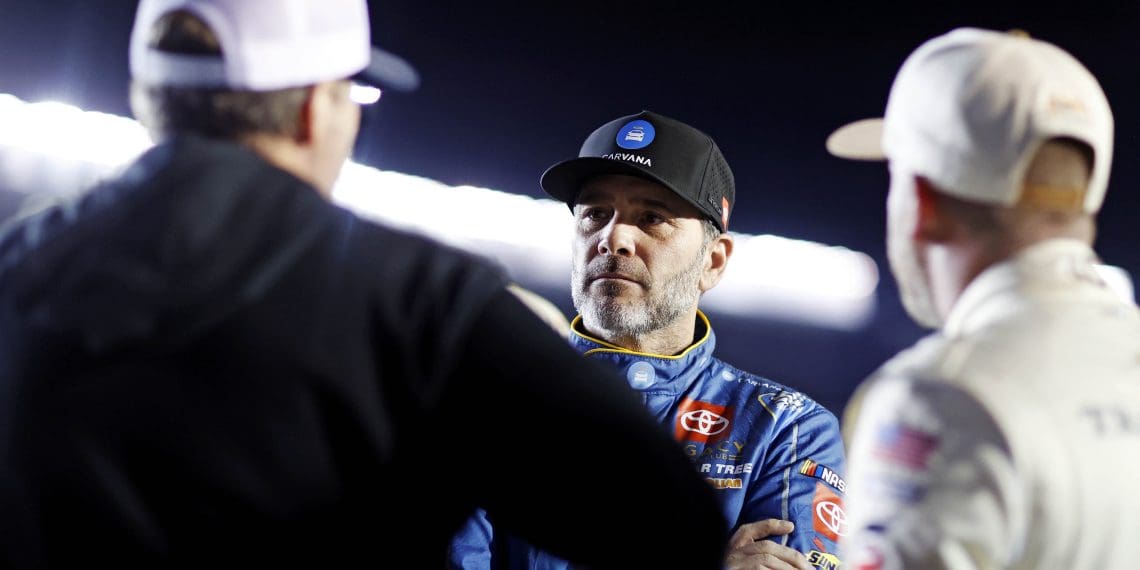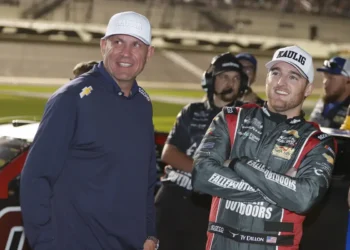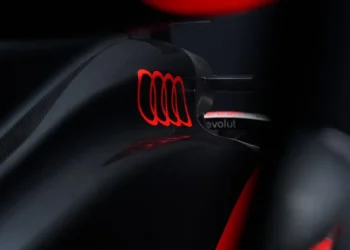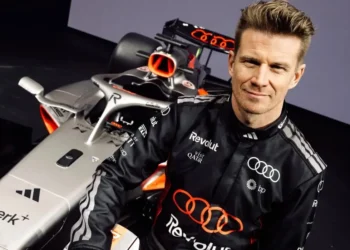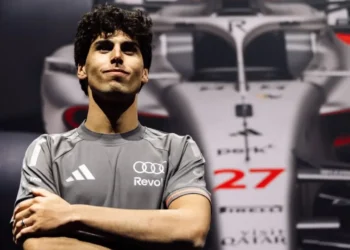NASCAR’s newly introduced Open Exemption Provisional (OEP) rule has sparked outrage across the Cup Series garage—and for good reason. The rule guarantees one “world-class driver” from another racing series a free pass into the Daytona 500, regardless of the usual qualifying process. That means four-time Indy 500 champion Helio Castroneves is locked into the Great American Race, while seven-time NASCAR Cup Series champion Jimmie Johnson must fight for his spot in time trials or the Duel races.
Kevin Harvick, Martin Truex Jr., Denny Hamlin, and even Jeff Gordon have all slammed the rule as unfair and disrespectful to NASCAR’s homegrown legends.
Truex Jr. Calls It “Weird” and Unfair to Jimmie Johnson
2017 NASCAR Cup Series champion Martin Truex Jr. didn’t hold back when asked about Castroneves’ guaranteed spot compared to Johnson’s situation.
“I really don’t understand it, you know. I don’t see a reason why, you know, he should be in the race and Jimmie Johnson shouldn’t be. So, it’s a little weird to me, but I don’t make the rules, so I just come here and race.” – Martin Truex Jr.
Denny Hamlin took it even further, saying the rule “reeks of desperation”, suggesting NASCAR is scrambling to create headlines rather than honoring its own legends. Meanwhile, Jeff Gordon criticized the rule as a “popularity contest” that lacks clarity in execution.
So, why does Castroneves get an automatic Daytona 500 spot while Johnson—who built his legacy in NASCAR—has to fight just to make the field?
Why the Rule Feels Like a Slap in the Face to NASCAR’s Own
The frustration isn’t just about Johnson missing out on an exemption—it’s about how NASCAR keeps changing the rules without transparency.
The Open Exemption Provisional was introduced quietly and only one team owner, Justin Marks of Trackhouse Racing, even knew how to take advantage of it. That’s how Castroneves got the only guaranteed spot, while Johnson, a true NASCAR legend, must still prove himself in qualifying.
Even Truex Jr. admitted he might have done things differently if he had known:
“That would have been nice to know. Justin Marks obviously did pretty quickly. He read that early on and was like, ‘OK, gonna go find somebody to drive my car.’ He’s pretty sharp on that one, pulled a fast one.” – Martin Truex Jr.
NASCAR failed to properly communicate the rule, leaving many in the dark. Was it really about attracting international talent, or was it just a rushed attempt at marketing?
Does Helio Castroneves Deserve a Free Pass?
There’s no denying Helio Castroneves’ legendary status in motorsports. The 49-year-old owns four Indy 500 victories, three consecutive 24 Hours of Daytona wins, and years of dominance in IndyCar. Few drivers can match his resume.
But should his achievements in open-wheel racing give him a free ride into NASCAR’s biggest event?
Castroneves has never raced a Cup Series car, let alone competed full-time in NASCAR. Meanwhile, Jimmie Johnson has spent decades building his legacy in the sport—winning 83 Cup Series races, 7 championships, and two Daytona 500s.
Why should an outsider get a guaranteed Daytona 500 start over a legend who made his career in stock car racing?
Is NASCAR Catering to Outsiders Over Its Own?
This rule brings up a much bigger problem—is NASCAR prioritizing outside talent over its own legends?
NASCAR has struggled with declining ratings and a dwindling fan base compared to Formula 1’s explosion in popularity. The rise of Netflix’s “Drive to Survive” series has made F1 a global sensation, and NASCAR desperately wants to cash in on international attention.
Denny Hamlin summed it up perfectly: “NASCAR needs to stop worrying about gimmicks and start focusing on its own talent.”
Instead of promoting the stars who built this sport, NASCAR seems to be chasing short-term publicity stunts.
Final Verdict: Is the Open Exemption Provisional a Mistake?
✅ Yes, NASCAR should look to expand globally.
✅ Yes, Castroneves is a motorsports legend.
✅ Yes, NASCAR should welcome international stars—but not at the expense of its own icons.
But ❌ this rule was executed terribly. It disrespects legends like Jimmie Johnson, lacks transparency, and feels like a desperate PR stunt rather than a well-thought-out move.
If NASCAR truly wants to grow the sport, it should start by respecting the legends who built it.
What do you think? Did NASCAR make a mistake with the Open Exemption Provisional rule?

